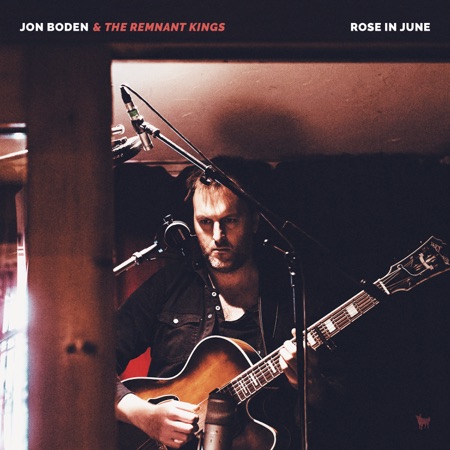Audio Player
Jon attributes this as “From Anne Briggs, whose version is so sublime nobody else has bothered trying to record it. A great song to sing. On the odd occasion when I feel the need to do a warm up (I don’t normally hold with ’em really) I generally end up singing this through as an ornaments exercise apart from anything else.”
We’re at the opposite end of life’s cycle today. You’ll see that actually both Shirley Collins and Maddy Prior with Steeleye have recorded this as well and find the notes to Anne’s version at Mainly Norfolk, where Bert Lloyd suggests that this one bypassed the collectors, presumably on moral grounds. Whilst children born outside wedlock are certainly no big deal in today’s society with almost 50% in the UK (more for first children) being so, it was certainly frowned upon comparatively recently. I wonder indeed whether it may have upset the collectors more than the protagonists in the song, although the father of the young lady clearly isn’t best pleased. I’m speculating and in need of another history lesson probably, but I’m wondering how common illegitimate children were in the days before effective contraception. I don’t suppose people were ever likely to be less inclined to have sex and there seem so many songs about the taking of or protecting of maiden status. But then there are the obvious issues of another mouth to feed and also the wedding prospects for the young lass, although unless inheritance and title is involved I am curious as to whether it was actually a big deal. It certainly became one in the C19th and C20th and I suppose there are tales of the poor wretched mothers cast out into the cold, but those seem to have a Victorian moralizing element to them. I guess what I’m asking is whether there’s a class element to such tales, or even a rural/urban dynamic? In most respects the issue is simply economics and it’s single parents and their ability to provide/burden on the state that are the headline issues today. Anyway it’s a fine song and could equally take us off into the realms of women’s fashion and the pocket stowed beneath the dress or apron to hold valuables and such like.





